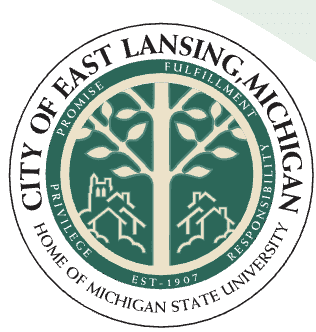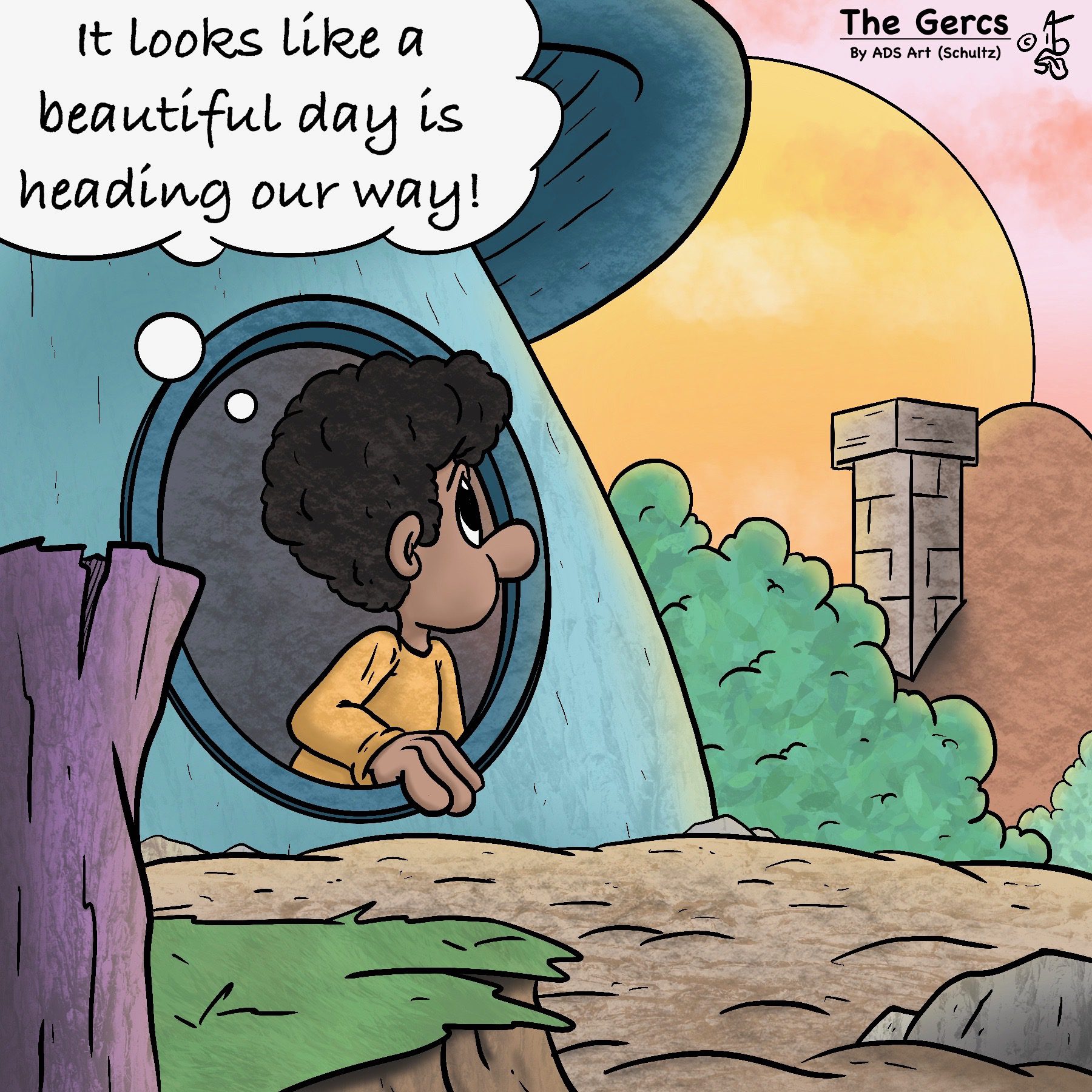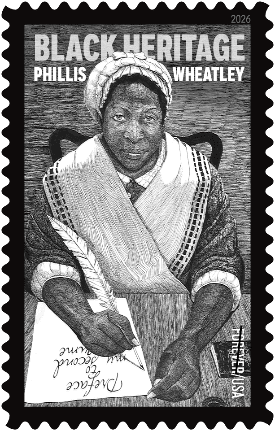By Earl Ofari Hutchinson, BlackNews.com Columnist
The NBA players that screamed racism when the NBA demanded that they dump their bling-bling chains, pendants, medallions, baggy pants, hang dog sweats and tee shirts when involved in team or league business, miss the point. The ban on their ghetto chic dress is not a denial of their right to personal expression, civil rights, a violation of their hip-hop lifestyle, or a racist ploy by the NBA to spruce up its image among white suburban fans, and its corporate backers.
Their dress, hip style, brash bravado, and the gangster rap that blare out of the NBA locker rooms and even through the PA systems at games reinforces the old stereotypes that young black males are sullen, defiant, and eternally in rebellion against the established order, and that includes the NBA. That has convinced even more Americans that the thug lifestyle is the black lifestyle.
The self-indulgent, pampered, overpaid, NBA guys that make 10 to 15 million dollars a year don’t see it that way, and there’s a reason. From the moment they put on uniforms, these super talented athletes become the instant repository of the dreams, delusions and fantasies of a public desperately in need of vicarious escape. They are swooned, and fawned over by a star-struck media.
Though some have never set foot on a college campus, and the others that have never had a thought about getting a college degree, yet they are still paid a king’s ransom for playing a kid’s game, while demanding the right to dress like kids. It’s their swagger, defiance, and dress that stirs the imagination of many young black males. They identify with them because they believe that they are one of them.
That dress style, however, instantly profiles them. They are rammed unceremoniously against walls, and on street corner curbs, and fume while police run their whole life history through computers. They are subject to the gawking and prying eyes and stares of store clerks and shadowed by store detectives while they shop. Job interviewers summarily reject them. They are suspended or expelled from high schools in disproportionate numbers. Dress profiling is not reserved solely for the young blacks in tough inner city neighborhoods. Any young black male whether he’s a Rhodes scholar, National Science Medal winner or junior achievement awardee, could find himself tagged as a gangster simply because of their dress.
The players protest that how they dress is their business and they are not role models for anyone. NBA legend Charles Barkley some years back loudly railed against having the role model burden shoved onto his shoulders. But the players are, and even Barkley belatedly admitted as much in a recent interview. Barkley also acknowledged that many black youth who don’t make the millions that NBA superstars are paid still must bear the consequences of the negative racial typecasting.
The players that complained they’re targets of NBA officials trying to spiff them up to please the league’s corporate boosters don’t have a free pass from the negative typecasting that they’ve generously contributed to either. When the final buzzer sounds, and they step out into the streets, they can also get the dress profiling treatment. There are more than a few cases where pro athletes have been spread eagled by police beside their expensive Mercedes, BMW, SUV, or Hummer. If the cop stops an NBA player and is not a basketball buff all their protests about their name, money and fame won’t mean much. They’re still just another black suspect.
Indiana Pacers guard Stephen Jackson who publicly yelped that the dress code is racist found that out the hard way. When he sprinted into the stands in Detroit last November to slug it out with fans along with teammate Ron Artest, he wasn’t simply reviled for his rash and mindless act. He, and sometime rapper Artest, brought the wrath of the public down on the league.
The “thug athlete” label which legions of NBA watchers had murmured privately for years, now thundered across the public’s lips. Legions of sportscasters lambasted the players as vicious, violent, and out of control hooligans. They dredged up stats that played hard on the arrest records of some of the players, and always they pointed to their dress to prove that the NBA was a din of gangsters.
It was a bum rap, of course, the majority of NBA players are not violent, criminals, and many quietly and selflessly donate to charities, participate in education programs, perform community service and endow programs at their alma maters. The Washington Wizards’ Etan Thomas participated in the September anti-war march in Washington D.C. and has spoken out against the Iraq war, and Bush’s policies. Yet, the exemplary, and thoughtful behavior and good deeds of these players can’t erase the perception that NBA players are overpaid, spoiled malcontents.
Clothes may not make the man, but they sure make the stereotypes. NBA officials recognized that even if some players don’t.
Earl Ofari Hutchinson is a columnist for BlackNews.com, an author and political analyst.



